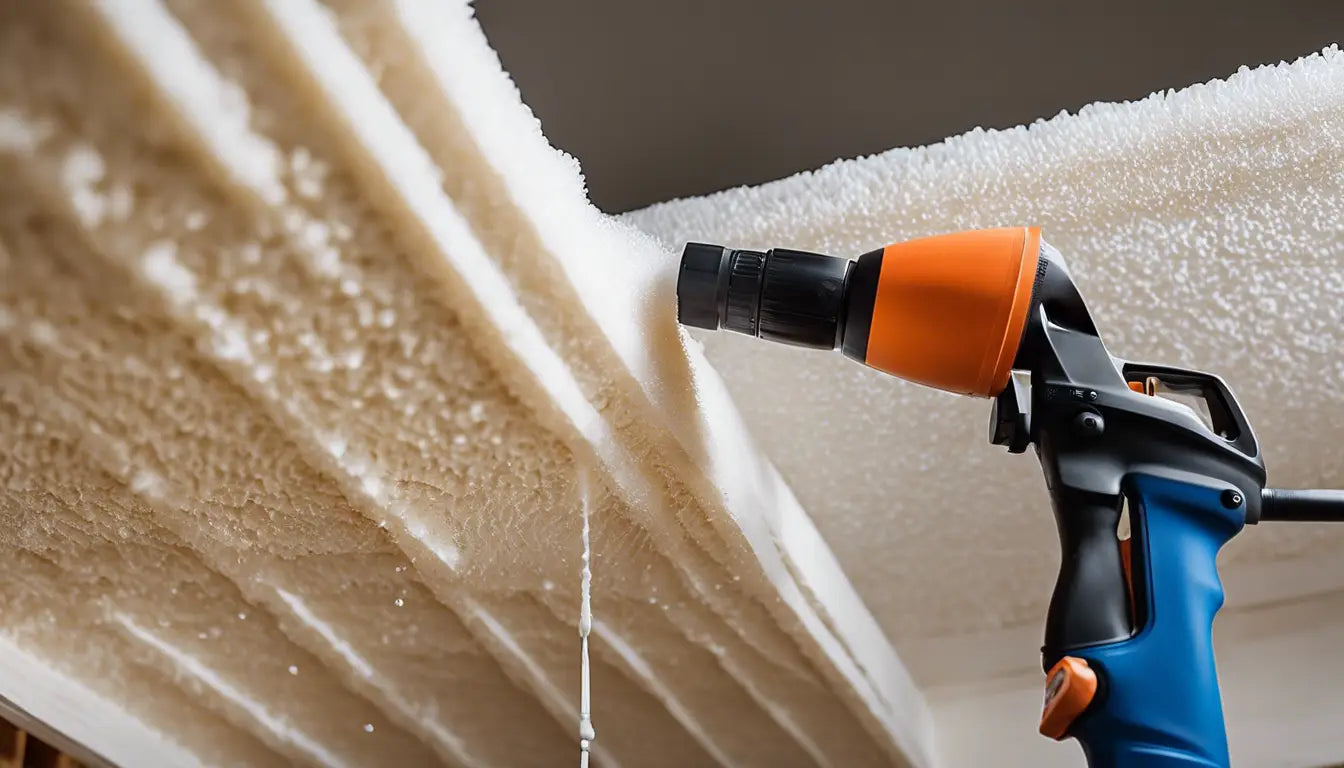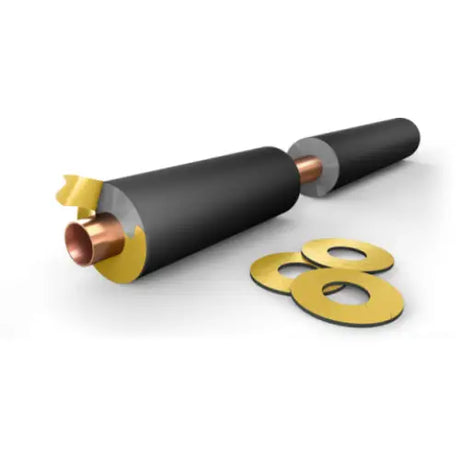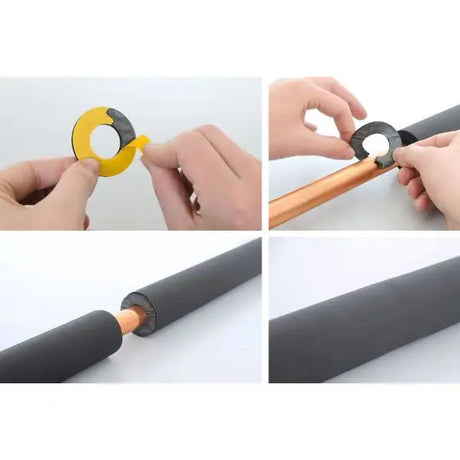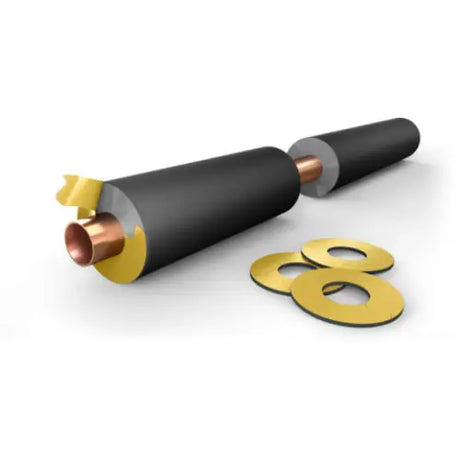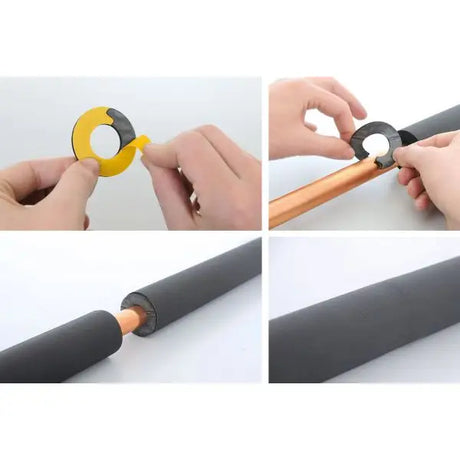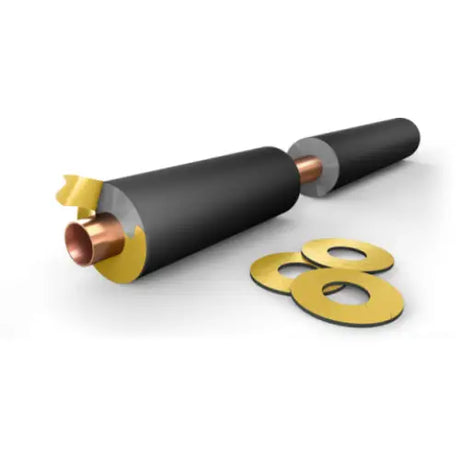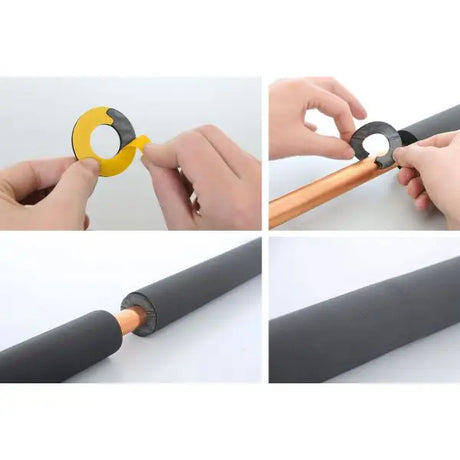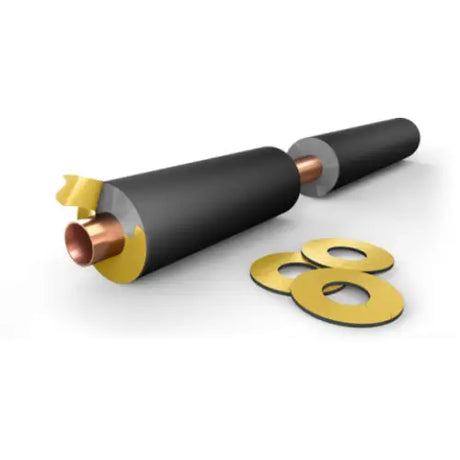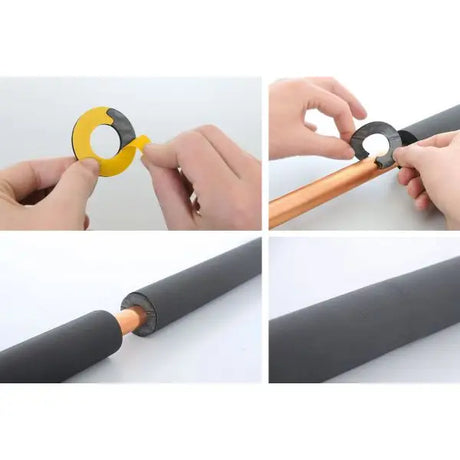When considering insulating your home or commercial space, choosing the right type of insulation is crucial for comfort, energy efficiency, and cost-effectiveness. Have you ever wondered, "What do I need to know about spray foam insulation?" If so, this complete guide will provide you with valuable insights into the world of spray foam insulation—covering its components, pros and cons, benefits, and much more.
Spray foam insulation has become highly popular due to its excellent insulative properties and ease of application. But before diving into this insulating solution, there are several factors to consider.
Understanding Spray Foam Insulation Ingredients
Firstly, it's important to understand what spray foam insulation is made of. Typically, it consists of two main chemicals that react to form polyurethane foam. This foam expands upon application, filling gaps and creating a tight seal against air and moisture ingress.
Pros and Cons of Spray Foam Insulation
Like any material, spray foam comes with various advantages and drawbacks. One of the biggest pros is its superior R-value—a measure of thermal resistance—offering high energy efficiency. However, the cons may include upfront costs and sensitivity during application.
Health and Safety: Chemicals in Spray Foam
In terms of health and safety, knowing what chemicals are present in spray foam is essential. While it provides numerous benefits, certain chemicals used in its manufacture may off-gas volatile organic compounds (VOCs). Proper installation and ventilation are key to mitigating any potential risks.
The Benefits of Using Spray Foam Insulation
Some remarkable benefits include energy savings, a better seal against air and moisture, and improved indoor air quality due to its air sealing properties. Over time, the cost savings on energy bills can be significant.
Different Types of Spray Foam Insulation
There are various types of spray foam insulation to choose from, including open-cell and closed-cell foams. Each has its own set of properties suited for different applications, which affects cost, efficiency, and application methods.
Aesthetic Considerations: Can it Be Painted?
If the appearance is a concern, you may ask, "Can spray foam insulation be painted?" Yes, it can, but there are steps to follow to ensure the longevity of the paint and the performance of the insulation.
Application in Various Conditions
You might wonder if spray foam can be applied in cold weather. The answer is yes, although the application in colder temperatures may require special considerations to ensure proper adhesion and expansion.
DIY Spray Foam Insulation
For those who are hands-on, discovering how to do spray foam insulation yourself can be a beneficial skill. It requires careful preparation and attention to safety, but it can be a cost-effective way to insulate your space.
The Functionality of Spray Foam Insulation
Delving into how spray foam insulation works, you'll learn about its expansion properties and how it forms an airtight seal, vastly improving the thermal envelope of your space.
Measuring Efficiency: The R-Value
Lastly, when evaluating insulation, it's crucial to understand the R-value of spray foam insulation. Higher R-values indicate greater insulating power, and spray foam often outperforms many other types of insulation in this metric.
Checklist for Spray Foam Insulation
- Types: Know the difference between open-cell and closed-cell foam.
- Application: Consider the area to be insulated and application method.
- Costs: Factor in not only material costs but also long-term energy savings.
- Safety: Use proper protective equipment and follow safety guidelines.
- R-value: Aim for the best R-value within your budget.
Conclusion
Spray foam insulation can be a smart investment for homeowners and businesses alike. Armed with the knowledge from this guide, you're now equipped to make an informed decision. Whether you decide to hire a professional or take the DIY route, understanding the ingredients, types, benefits, and application methods will help you ensure your space stays warm, energy-efficient, and comfortable for years to come.

